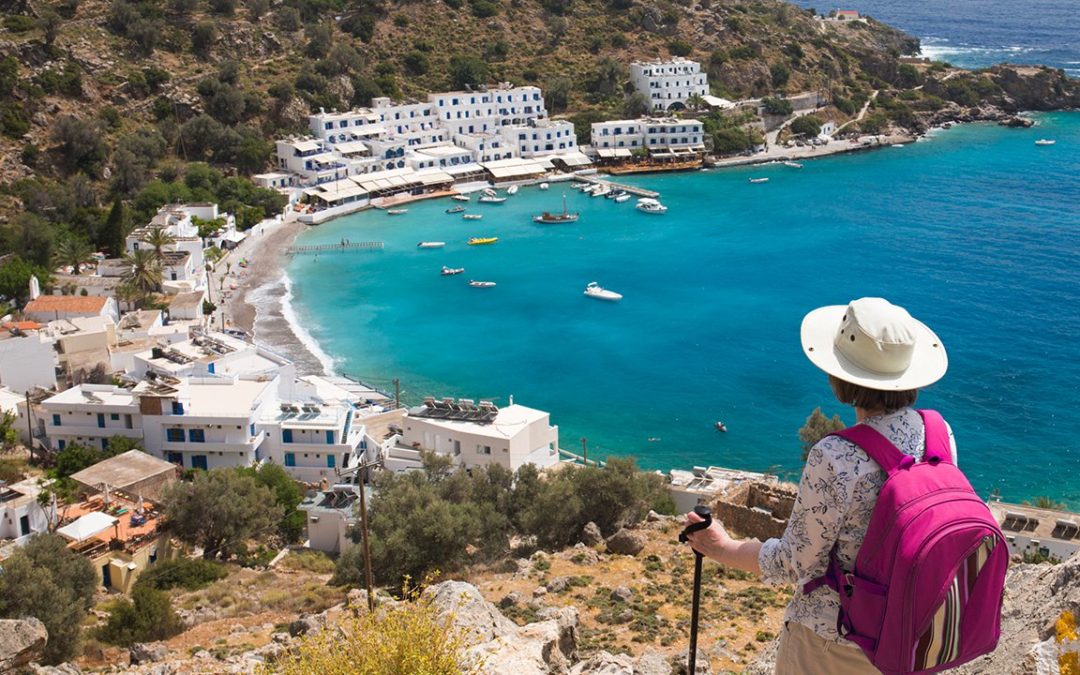Routine Immunizations
It’s important to ensure you and your child have all routine immunizations completed, as some can wear off after a certain period of time. Some of these immunizations are also mandatory in many parts of the globe, so making sure these are completed is important.
Travel Vaccines
Travel Insurance
Making sure you have travel insurance for your trip abroad is important in order to avoid the extremely expensive fees associated with medical help and procedures, should they be necessary in the case of an emergency. If your child has an existing medical condition, you need to make sure you have completed the extra set of forms required ahead of time, so they have enough time to process.
Food & Water Safety
Food and water safety is incredibly important when travelling abroad, especially in countries where hygiene is not a top priority. Countries in Asia and Africa, although beautiful and offering a diverse range of sightseeing opportunities, can carry diseases that other continents don’t. Only drink bottled water and make sure you have broken the seal yourself. Make sure to use bottled or boiled water for brushing your teeth and washing your face, wash your hands and sterilize them before eating food, if you must drink tap water, make sure to boil it for at least 2 minutes before drinking. Avoid cold appetizers, non-pasteurized local dairy products like milk and cheeses, food from local street vendors, and raw fish and seafood, and salads.
Protection Against Animals & Insects
If you will be sleeping in tents, going on a safari or travelling to countries where malaria may be a risk, make sure to speak to your travel clinic Vancouver to find out how to properly protect yourself. Make sure you use a high-quality mosquito repellent and tuck the insect net under the mattress when going to sleep, ensuring it has also been sprayed with a repellent. Children and adults should avoid contact with wild or homeless animals, as rabies can be a top concern.
Sun Safety
In some countries, the sun is stronger than other parts of the world, in which case you need to make sure you are taking necessary precautions to protect yourself and your child. Try to avoid the sun during the hottest parts of the day, between 1 pm and 4 pm, always wear a sunscreen with a minimum of SPF 30, make sure your child is protected with a hat, long sleeves and light or white coloured clothing.
Making sure you are following these important guidelines can help you make safe, healthy choices while travelling abroad. Contact your local travel clinic Vancouver to get started.


Recent Comments